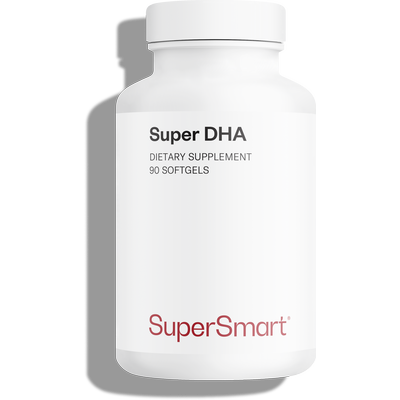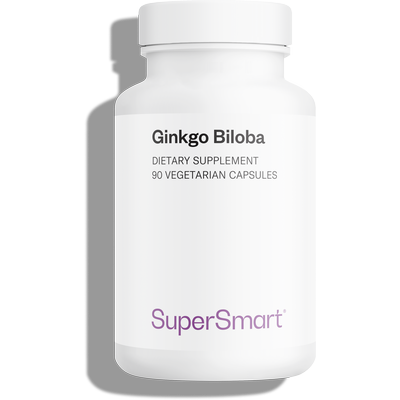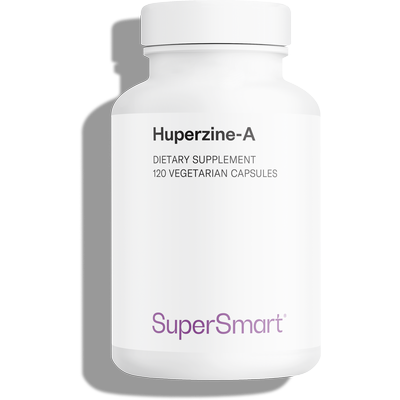Dementia/Alzheimer’s disease: 2 million Americans probably don’t know they’ve got it (and this figure is set to triple within the next 30 years)

You lose your identity, your memory, your independence, you no longer recognise your loved ones … Let’s face it, it doesn’t get much worse than having Alzheimer’ disease. If you’re unlucky enough to be familiar with this disorder, you’ll know just how dreadful it is –you wouldn’t wish it on your worst enemy.
But sadly, the disease marches on relentlessly: 50 million people across the world are now affected, including 4 million Americans, and this figure looks set to triple within 30 years. A new study has revealed that almost 60% of people with probable dementia are unaware they have it. “Huge numbers of people are affected by dementia without realising it”, confirms study author Professor Halima Amjad. “If the disease is not yet severe and people are able to perform day-to-day tasks effectively, the symptoms of cognitive loss go unnoticed.”
This delay in diagnosis can have serious ramifications, yet a swift response can slow down the progressive decline in cognitive ability and memory linked to the death of nerve cells. Indeed we know that the first signs of Alzheimer’s-related damage in the brain are apparent at least 10-15 years before the onset of the early symptoms: impaired short-term memory (the inability to remember events from the previous days or even hours, or the names of newly-encountered people, or what you’ve eaten during the week, etc.) and difficulty retaining new information (a new telephone number, or the contents of a list, for example).
A cure for Alzheimer’s disease remains elusive but there are a number of therapeutic approaches that address the pathological process involved and reduce symptoms, particularly cognitive ones. Alongside the administration of drugs (aimed primarily at increasing acetylcholine concentrations in certain areas of the brain), doctors strongly encourage those affected to take physical exercise, to engage in mentally-stimulating activities (reading, puzzles, learning, memory games), to remain socially active (essential for maintaining neural circuits) and to establish a nutritional action plan. Regarding this last point, a consensus exists around the benefits of three particular nutrients, in terms of both prevention and easing the early symptoms of the disease:
-
DHA, a marine-source omega-3 fatty acid, officially recognised for its ability to maintain cognitive function. It penetrates the membranes of nerve cells and makes them more supple, so facilitating communication between neurons and helping to maintain existing neural circuits. At least a dozen studies have demonstrated a link between consumption of marine-source omega-3 and a reduced risk of developing dementia or Alzheimer’s disease (1-6).
Dosage: 500 mg of DHA a day, in two or three doses, for a period of at least three months. -
Bilobalides, terpene lactones present in extracts of Ginkgo biloba which increase neurons’ resistance to oxidising elements (7-8). Several clinical studies and meta-analyses have shown that Ginkgo biloba extracts relieve the symptoms that appear during the early stages of the disease (9-11).
Dosage: 60 mg of extract of Ginkgo biloba standardised in terpene lactones, three times a day, for at least three months.
-
Huperzine-A, a plant-source alkaloid which inhibits production of acetylcholinesterase (an enzyme that reduces acetylcholine levels in the brain). Several studies show it improves a number of cognitive function markers such as memory, behaviour and learning.
Dosage: 200-400 µg of huperzine A a day, in two doses, for 8-12 weeks.
To give these measures enough time to deliver their full potential and slow down the disease’s progress, diagnosis must be made at an early stage. And there is good reason for optimism here as in July 2018, researchers unveiled newartificial intelligence capable of detecting the very first signs of the disease from thousands of images generated by 3D medical imaging. Their algorithm could enable the disease to be detected more than six years earlier than traditional clinical diagnosis (!). While we wait for this cutting-edge technology to become widely-available, we’ll have to continue to rely on prevention, ensuring, in particular, that we maintain regular contact with our friends and family as it’s often those close to us who first notice something’s not right …
Study at the centre of this article:
Johns Hopkins Medicine. "Majority of older adults with probable dementia are likely unaware they have it, study suggests: Less education and unaccompanied medical visits linked to lack of formal diagnosis or awareness of diagnosis." ScienceDaily. ScienceDaily, 17 July 2018.
References
- Panza F, Solfrizzi V, et al. Mediterranean diet and cognitive decline. Public Health Nutr. 2004 Oct;7(7):959-63.
- Larrieu S, Letenneur L, et al. Nutritional factors and risk of incident dementia in the PAQUID longitudinal cohort. J Nutr HealthAging. 2004;8(3):150-4.
- Morris MC, Evans DA, et al. Consumption of fish and n-3 fatty acids and risk of incident Alzheimer disease. Arch Neurol. 2003 Jul;60(7):940-6.
- Solfrizzi V, Panza F, Capurso A. The role of diet in cognitive decline. J Neural Transm. 2003 Jan;110(1):95-110. Review.
- Cognitive performance among the elderly and dietary fish intake: the Hordaland Health Study. Nurk E, Drevon CA, Refsum H, et al. Am J Clin Nutr. 2007 Nov;86(5):1470-8.
- Omega-3 fatty acids and dementia. Cole GM, Ma QL, Frautschy SA. Prostaglandins Leukot Essent Fatty Acids. 2009 Aug-Sep;81(2-3):213-21. Epub 2009 Jun 12. Review.
- Abdel-Kader R, Hauptmann S, Keil U, et al. Stabilization of mitochondrial function by Ginkgo biloba extract (EGb 761). Pharmacol Res. 2007;56(6):493–502.
- Eckert A, Keil U, Kressmann S, et al. Effects of EGb 761 Ginkgo biloba extract on mitochondrial function and oxidative stress. Pharmacopsychiatry. 2003;36(Suppl 1):S15–23.
- Wettstein A. Cholinesterase inhibitors and Gingko extracts--are they comparable in the treatment of dementia? Comparison of published placebo-controlled efficacy studies of at least six months’ duration. Phytomedicine 2000 Jan;6(6):393-401.
- Birks J, Grimley EV, Van Dongen M. Ginkgo biloba for cognitive impairment and dementia. Cochrane Database Syst Rev. 2002;(4):CD003120. Review.
- Effects of Ginkgo biloba in dementia: systematic review and meta-analysis. Weinmann S, Roll S, Schwarzbach C, et al. BMC Geriatr. 2010 Mar 17;10:14. Review.
All rights reserved
Free
Thank you for visiting our site. Before you go
REGISTER WITHClub SuperSmart
of exclusive benefits:
- Free: our weekly science-based newsletter "Nutranews"
- Special offers for club members only

















